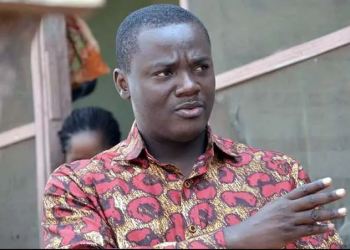Dr Samiu Kwadwo Nuamah
The African Institute of Energy and Sustainability (AIES), a Civil Society Organization (CSO) has made it clear that Ghanaians deserve transparency and accountability in energy governance.
It said a sustainable and transparent energy policy is not only an economic imperative but also a moral obligation.
The institute has therefore called on the John Mahama administration to adopt certain measures including publishing energy sector debt, expenditures and revenue streams reports, that are comprehensive and verifiable to build public trust.
It has also suggested to the current government to implement and improve upon a balanced tariff system that assures an affordable tariff rate for all while ensuring utilities can recover operating costs.
The institute said political actors must resist the temptation to manipulate tariffs for electoral gain.
It called for the separation of retail and distribution functions of the Electricity Company of Ghana (ECG) and the Northern Electricity Distribution Company (NEDCo).
“This will allow ECG and NEDCo to concentrate on their core mandates of efficient power distribution and loss reduction,” it added.
This was contained in a statement issued by the AIES and signed its Executive Director, Dr. Samiu Kwadwo Nuamah, and a Senior Fellow, Industrial and Energy, George Kojo Money.
The statement said Ghana’s energy problems are more of a financial nature than a technical one.
The institute has therefore called on political actors to come out with proactive measures and strategic financial management to help keep the lights on.
It said with an installed generation capacity of 5,492 megawatts (MW) exceeding the system’s peak demand of 3,848 MW as of 2024, the sector’s persistent difficulties stem from financial inefficiencies.
“The financial issues have been politicized by successive governments, using them to discredit their predecessors yet have failed to offer definitive solutions”.
“The out-gone NPP government inherited energy sector debt in 2016 but managed to stabilize power supply in very difficult conditions,” it said.
“Keeping the lights on is not a political favour; it is a fundamental right of every Ghanaian”, the institute noted.
From Emmanuel Opoku, Takoradi


